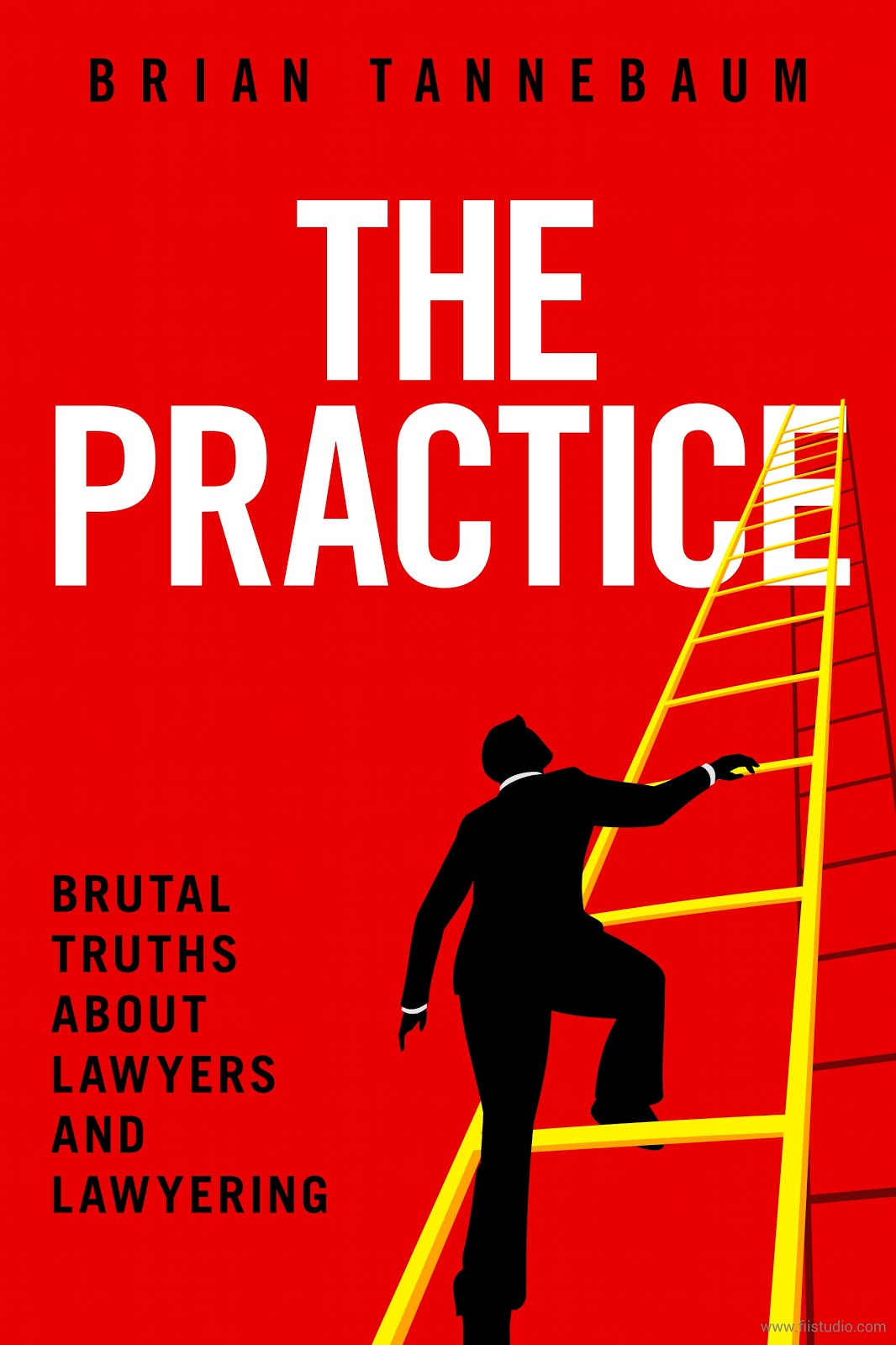This week I represented a client in trial before the Bar and realized afterwords that I rarely write here about what a "Bar" trial is like.
Bar trials are governed by Rule 3-7.6. While what's on the line is always serious, the process is pretty simple.
A complaint, like any other civil complaint, is filed. The lawyer (Respondent) has to file an Answer. A local judge is assigned, known in these proceedings as a "Referee." (Isn't that what a judge really is anyway?).
There's a pre-trial conference, maybe several. Discovery schedules are set, and a date for the trial (final hearing) is also set.
Both sides can take depos, issue subpoenas, and file motions just like in any civil case.
This is important: The nature of the proceedings before a referee are "Administrative in Character." As the rule states:
"A disciplinary proceeding is neither civil nor criminal but is a quasi-judicial administrative proceeding. The Florida Rules of Civil Procedure apply except as otherwise provided in this rule.
(2) Discovery. Discovery shall be available to the parties in accordance with the Florida Rules of Civil Procedure."
At trial, the Bar can call the lawyer as a witness. The lawyer can invoke any privilege, such as the Fifth Amendment.
After the trial, the referee can rule immediately and recommend discipline, or take 30 days to do so.
There is no jury, and the rules of evidence are the most relaxed I've ever seen in any proceeding. This can be a good thing, as it allows the lawyer to testify to hearsay instead of having to find witnesses that may be long gone.
I find that judges take these cases seriously. They know that their verdict and recommendation on discipline will be reviewed by the Florida Supreme Court.
I also find that judges often find the violations less serious than the Bar believes them to be.
Sometimes it's better to be before a judge then simply to tender a guilty plea and accept a greater level of discipline than may be recommended after a judge has heard all the facts.
Located in Miami, Florida, Brian Tannebaum practices Bar Admission and Discipline and Criminal Defense. Read his free ebook The Truth About Hiring A Criminal Defense Lawyer. Please visit www.tannebaumweiss.com





No comments:
Post a Comment